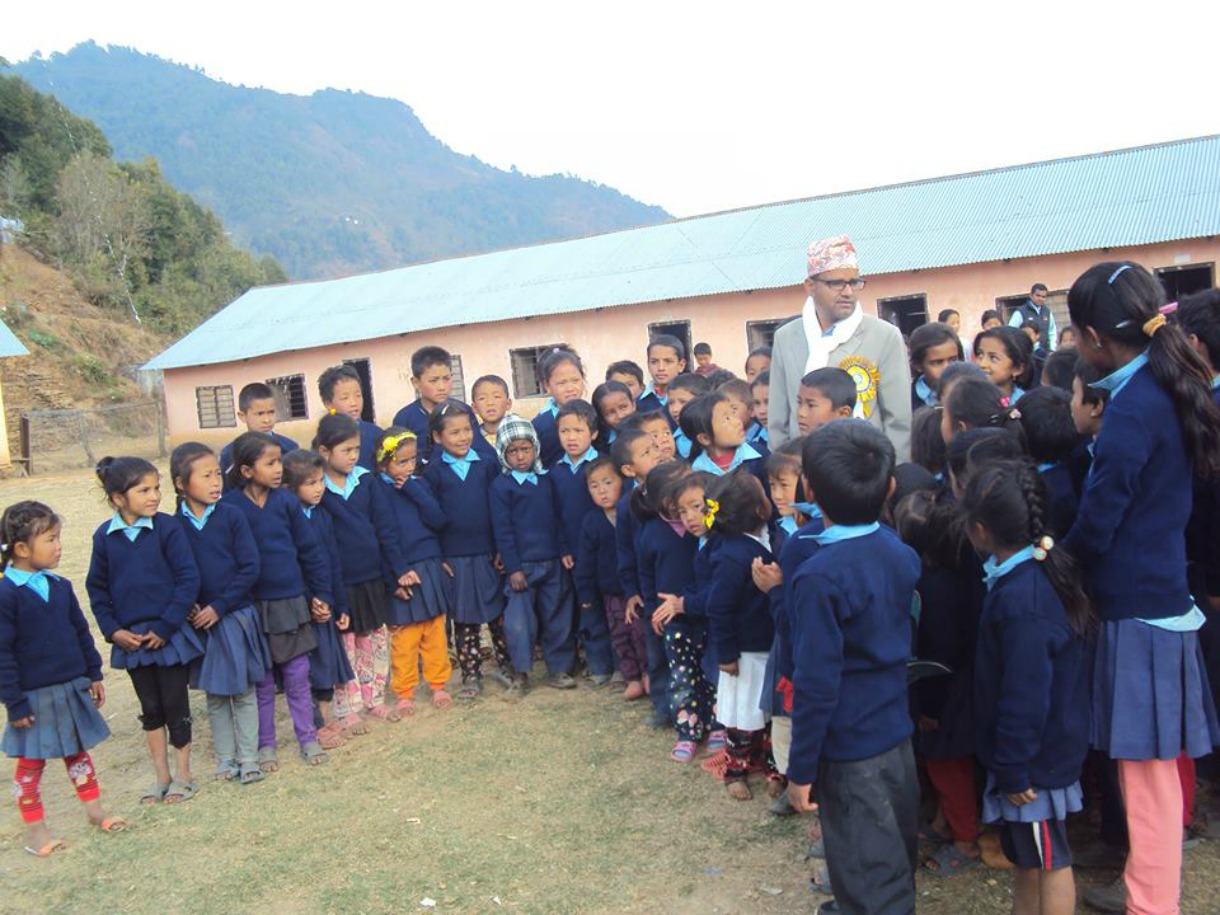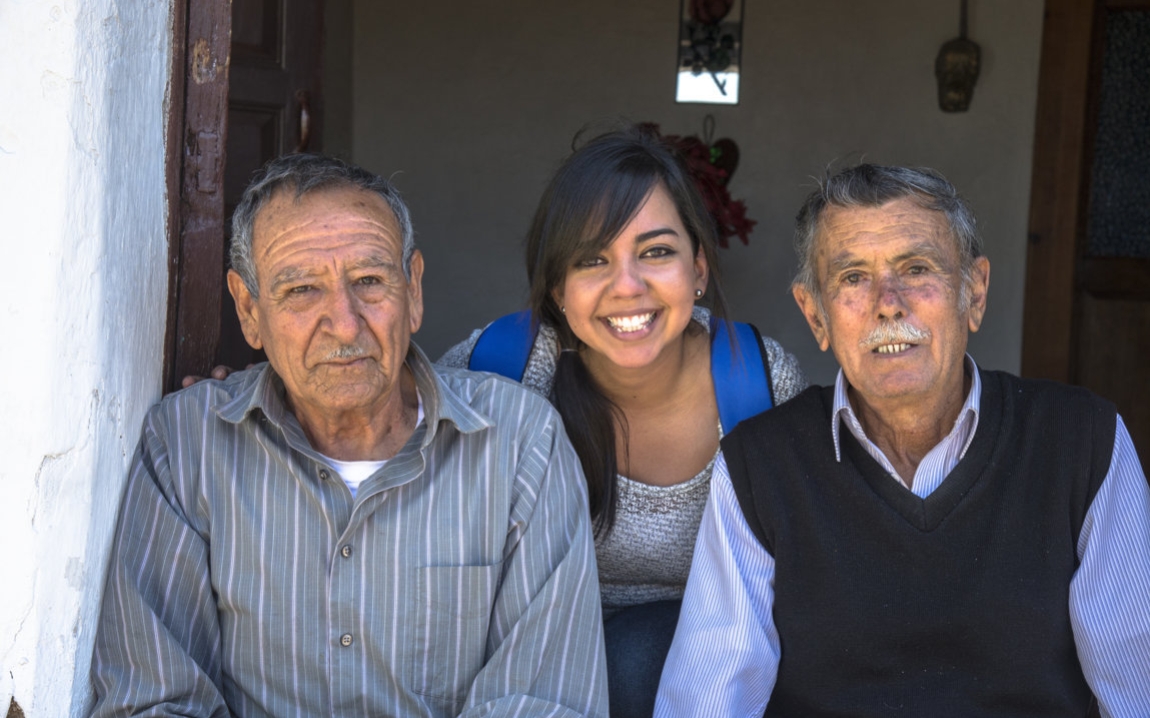Think corruption can’t be stopped? Meet 4 leaders who say it can.
 Daily Talk founder Alfred Sirleaf. Photo: Morgana Wingard / Accountability Lab
Daily Talk founder Alfred Sirleaf. Photo: Morgana Wingard / Accountability Lab
See how people from around the world are holding their governments to account and getting results.
By Rebecca Fudala, aid effectiveness coordinator at Oxfam America.
When you hear the word “corruption,” what do you think of? You’ve probably read news stories about scandals, focusing on the billions of dollars lost and images of expensive cars, fur coats, and yachts.
But what isn’t talked about is the impact corruption has on the world’s most vulnerable people. It’s those living in poverty—who need the resources most—that often feel the impact of corruption in the most acute, intimate, and immediate ways.
So who better to lead the way in stopping corruption than the people in the trenches, fighting to hold their governments to account and getting results? As coordinator for the Oxfam’s aid effectiveness team in Washington, DC, I have been fortunate to learn from local leaders who are fighting corruption all over the world.
Local leaders take action: Gyan Mani Nepal

Imagine a place where 10th graders couldn’t add and subtract, where 6th graders couldn’t read, and school was only open 79 out of 220 days of the school year. What would you do? This was the reality for Gyan Mani Nepal when he assumed his position as District Education Officer in Panchthar district in far-eastern Nepal. Believing in the power of education and wanting others to have the opportunities that education can offer, Nepal reached out the citizens and found real support for change.
Local leaders keep people informed: Alfred Jomo Sirleaf

Most of us go to the internet for breaking news. In Liberia, 5,000 people a day rely on The Daily Talk—a chalkboard on the side of a shack at one of Liberia’s busiest intersection—as a way to consume their news. The founder Alfred Jomo Sirleaf has made it his life’s mission provide his fellow Liberians with access to free news on local, national and international issues. When it comes to matters of life and death, like the Ebola outbreak, people in West Africa especially are searching for the best and most relevant content.
Local leaders build trust: Catherine Mulaga

Local leaders like Catherine Mulaga are better positioned to apply pressure at the right time, at the right place, and to restore dialogue between public officials and citizens. Mulaga, who works with MIICO, a network of community-based organizations in southern Tanzania, discovered that people in the community of Chabu had to cross a hand-crafted, rope bridge suspended above crocodile-infested waters to access health care services. With a community social accountability monitoring team, Mulaga led a red-tape-cutting investigation that uncovered what was needed to make the local clinic (on the right side of the bridge) operational.
Local leaders have hidden power: Gabriela Ayerdi

When the water turned brown and children got sick in the community of Chinique de Las Flores in Guatemala, residents tried to take up their concerns with the city government. After being stonewalled by the mayor, residents found an ally in the Advocacy and Legal Advice Center (ALAC) and ALAC team member Gabriela Ayerdi, who not only helped them get clean water, but also helped them clean up local government.
Leaders like Nepal, Sirleaf, Mulaga, and Ayerdi are reforming dysfunctional institutions that set up barriers for people, rather than support their self-reliance. Local leaders around the world are working hard to build accountability and lift their countries and communities out of poverty.
That’s why Oxfam America is working to deepen the US government’s commitment to making our poverty-reducing foreign aid more effective. We can’t let Congress miss out on the vast, untapped potential of effective local leaders who are fighting corruption, and that’s why right now Oxfam needs your voice to stand with people around the world who make demands of government, fight for accountability, and get results.